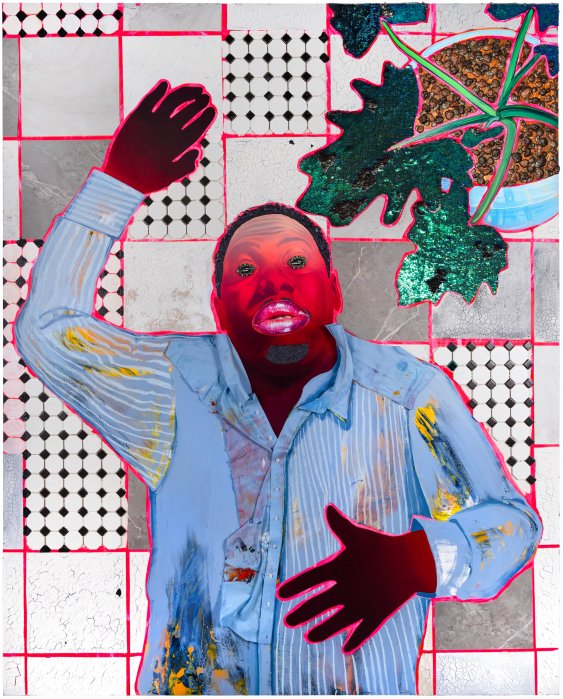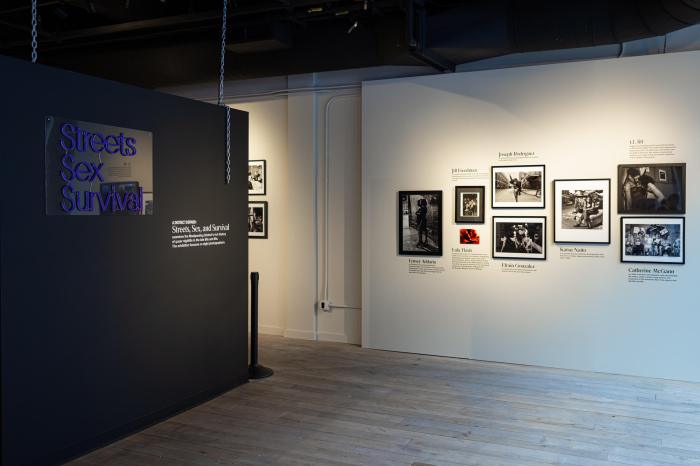California daughter of Burmese immigrants finds her authentic lesbian self in Germany
Winner of this year’s Outfest Special Programming Award for Freedom, director Melissa Johnson’s “No Look Pass” is a coming-of-age story that focuses on Emily “Etay” Tay, a Burmese-American senior whom we meet as a star point guard on Harvard’s basketball team, the Crimson. The story begins in LA as Tay sits between her traditional Burmese-born parents, whose plans for their daughter involve attending graduate school and marrying a rich husband.
But the young woman has her American Dream. First, she wants to finish her last year at Harvard, where she feels “like a piece of shit compared to everyone else.” She then wants to play for a professional team in Europe.
Tay becomes the 13th player in the Crimson’s history to reach 1,000 points. Her fellow teammate and inseparable best friend Katie Rollins states that Tay ranks in the top 25 in the country for assists, and she’s known as the “Queen of the No Look Pass.” Her tough but inspiring coach, Kathy Delaney-Smith, considers Tay “my most talented player, who should have a very healthy, large level of confidence and in fact has none. She needs to be more of a verbal leader and she needs that presence; she doesn’t have that presence yet.”
Before the Crimson’s matchup with Yale’s Bulldogs, the announcer singles out Tay as “a flat-out fun player to watch.” Thanks to the film’s top-drawer sports footage, we get to witness Tay employ the Allen Iverson crossover that she’d obsessively practiced, as well as her signature no look pass. Even if you’re not a hoops fan, you’ll get hooked on the action. While a social misfit on campus, Tay becomes a beast on the court.
Starkly contrasting Tay’s dazzling basketball displays are her understated moments of candor, heightening the impact of each. Tay speaks through smiles about being beaten by her mom growing up “because we were bad,” seeming to accept as fact that it was “well-deserved.” She also says she can’t remember her parents ever saying, “I love you.”
Tay yearns to find her place in the world while struggling to remain loyal to her family. Nearly 20 minutes into the film, she tells us she’s gay. While she’s out to her teammates — all of whom are “cool with it” –– she’s “not even close to coming out [to her parents] because my mom’s gonna destroy me.” Her brother reminds her that their parents would be interviewed for the film, and that they’re sure to find out. “You’re fucked,” he tells her.
After winning the game against Yale on senior night, Tay’s asked to sign autographs. Her father remarks, “She played good.” But her mother is not as gracious. “Not shoot enough,” she says, smiling. Later, her dad gives a speech to the team about how he and his wife came to the US from Burma in 1980 with nothing, expressing pride that his daughter is graduating from Harvard as he wipes his eyes with his forearm.
Not long after graduation, Rollins and Tay are picked up by a professional team in Germany. With Cambridge and California thousands of miles away, Tay begins a new journey of self-discovery, free from the role of the out-of-place Asian girl who kicks ass on the court.
But Germany provides unexpected foreign drama of its own. Her teammates resent the paid imported Americans, a hostility that elicits a bit of sabotage. Tay doesn’t care for her new coach, either, who in a moment of frustration at losing their first game declares, “I don’t know what to do.” This becomes a turning point for Tay, who realizes, “I think I know more about the game than my coach.” She begins to become the verbal leader her Crimson coach knew she could be.
Even more empowering, Tay falls in love with Angela, a woman in the US military, one who had some misgivings about appearing in the film during a time when Don’t Ask Don’t Tell was still in place. “I finally found someone I can say ‘I love you’ to,” declares Tay.
Unfortunately, Rollins doesn’t fare as well. During their second game, she again garners a fifth foul; this time, it’s a technical one, and she’s sent home packing.
In the last third of the film, Tay cries at the thought of coming out to her parents. While she learns to appreciate the sacrifices they made for her over the years, she speaks with an authority we haven’t seen before. “No one chooses to be gay,” she states. “I would love to be their perfect daughter, but I’m not going to ruin the rest of my life… because when I’m 80 or 90, I would regret my entire life.”
Through much of the film, Tay withholds anything specific about the significance of her Burmese tattoo. Only when she is able to say “You must be loyal to yourself first” do we learn that the design is a symbol of loyalty.
Essentials:
NO LOOK PASS
DOC NYC Festival
In English and Burmese and German
with English subtitles
High Hip Productions
Nov. 5 at 2:15 p.m.
Nov. 7 at 10:15 p.m.
IFC Center
323 Sixth Ave. at W. Third St.

































